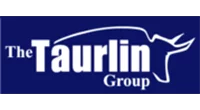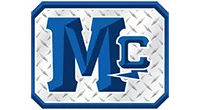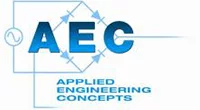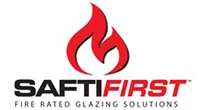“"Before BUILDFitters, creating quotes was a time-consuming process. Now, the built-in estimation capabilities and streamlined quotation creation have made a huge difference. Our team can generate more quotes in less time with fewer steps, allowing us to pursue additional opportunities.””
CONSTRUCTION MANAGEMENT SOFTWARE THAT COVERS ALL PHASES
Streamlining business processes is our construction management app's forte.

Sales
Bridge your performance gap with advanced bid management & proposal generations with our sales app.
Learn More
Pre-Construction
Before the bricks are laid and the concrete is poured sync up teams & information onto one platform.
Learn More
Construction
Keep your project on track, on schedule & under budget with the best construction project software company.
Learn More
Post-Construction
Manage project close out phase by easily configuring all the solutions from beginning to end for enabling digital transformation across all business units.
Learn MoreDASHBOARDS THAT MAKE YOUR LIFE EASIER
Project Management
Explore our advanced project creation, management, and scheduling capabilities to reduce your effort, improve project management, and increase collaboration altogether!
Learn MoreBidding
Enjoy a smooth, hassle-free bidding management process with BUILDFitters project management and gain quick, reliable estimates that allow for time-efficient decisions and higher productivity.
Learn MoreINTEGRATES ALL PROCESSES
Align key departments across your AEC business and build on top of your existing technology with construction management system.

Analytics
Make data driven business decisions and identify areas of improvement with our construction project management software.

Field Operations
Access real-time project information in the field and keep projects on track.

Project Management
Track labor activities, equipment, POs, materials, and deliveries on time to streamline your project construction.

Accounting
Save time and increase revenue with accurate, error-free, real-time reporting, and streamlined construction management app.
BEEN THERE. BUILT IT.






CUSTOMER SUCCESS STORIES
A SOFTWARE FOR CONTRACTOR MANAGEMENT LIKE NO OTHER
You might ask why our construction project management company is the best in the industry? The answer is simple BUILDFitters is a construction management service that automates, streamlines, and connects all construction phases in one unified dashboard. It allows you to manage your construction projects from start to finish. Its mobile applications make it easy to use on every device, giving you the flexibility, you need!





